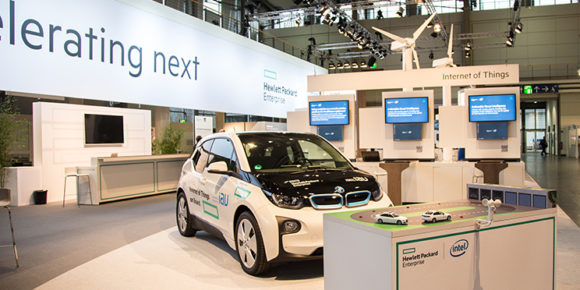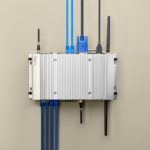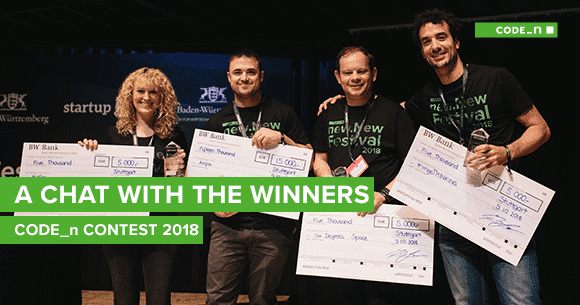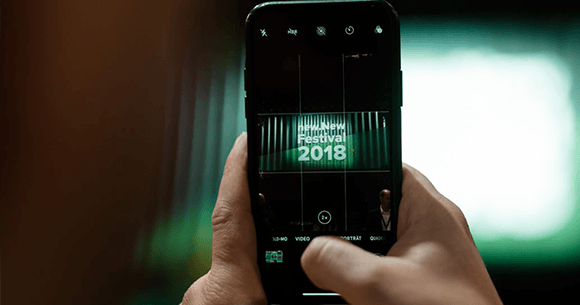Guest feature | IoT platforms as the fundamental element of new service models in connected mobility
When establishing the connected mobility ecosystem, the industry should learn from the experience of the telecommunications industry. A proof of concept with a BMW i3 has demonstrated the transferability of these concepts to the car. They lay the ground for a rich service ecosystem which has space for many profitable business models.

BMW i3 | Copyright: Sabine Schulte
IoT platforms are the future control centres of the data- and service-driven mobility world. They will connect all stakeholders in the digital value chains and monitor and control vehicles with all their functions.
A prerequisite for this is openness. The platform must be able to communicate with the vehicles and their bus systems via different media and protocols. Another requirement is a federal structure of the service marketplace. The IoT platform brings together data and services from the vehicle and its environment. It also provides data and services to other service providers – all safely, reliably and in compliance with any data protection standards.
Finally, it takes features that transform data into commercially viable services – this includes, for example, device management, the use of various telecommunications providers, collection and analysis of data streams, application development and the integration of external and internal application landscapes.
IoT platform in practice: proof of concept with BMW i3
These characteristics can be found in technologies which are used by the telecommunications industry. This industry has many years of experience with the extremely high demands of managing millions of networked devices and their services. In order to demonstrate how these technologies can be employed in connected mobility, Hewlett Packard Enterprise (HPE) and automotive engineering services company IAV implemented a proof of concept (PoC) which is currently being extended with several carmakers. The PoC was implemented with a BMW i3, which was equipped with bidirectional IoT Gateways based on an HPE Edgeline server, and HPEs “Universal IoT Platform”.
The goal of the PoC was to demonstrate that it is possible to combine the data of the vehicle bus systems in a central in-car system unit. It should also be shown that the IoT platform can manage, control and monitor all connected systems. The PoC included specific applications, such as the closing of a convertible’s roof due to the rain sensor data from preceding vehicles, automatic switching of lights crossing a state line or the control of home infrastructures such as duplex garages.
Bridging the gap between bus systems and vehicle environment

Via the Edgeline gateway, the IoT platform can communicate with all bus systems within the vehicle and connect them to surrounding systems. In today’s typical vehicle, there are three mutually unconnected bus systems. So far it has not been possible to exchange data between the components connected to the different buses or to send control impulses from one bus to another.
The proof of concept successfully demonstrated the ability to manage and control the BMW i3. All data generated by sensors and bus systems were transferred into the IoT gateway, integrated into the analytical data base and finally transformed into control pulses in the vehicle. As a result, there is an unprecedented extent of analysis data available that can be used for example for automatic driving or for decision support of the driver.
Here, the imagination knows no boundaries. The applications implemented in the proof of concept are just a hint of what will be possible. The mobility apps of the future are likely to consist of reusable components, so called micro services, composed by an IoT platform. Ultimately, the result is a rich and diverse service ecosystem with numerous parties and differentiated value chains which has space for many profitable business models.
 The author of this guest feature is Swen Postels, Chief Technologist, Hewlett Packard Enterprise (HPE)
The author of this guest feature is Swen Postels, Chief Technologist, Hewlett Packard Enterprise (HPE)
HPE is a partner for our new.New Festival (ZKM Karlsruhe, 20-22 September) and patron of the Connected Mobility cluster of the CODE_n CONTEST 2016.






Comments